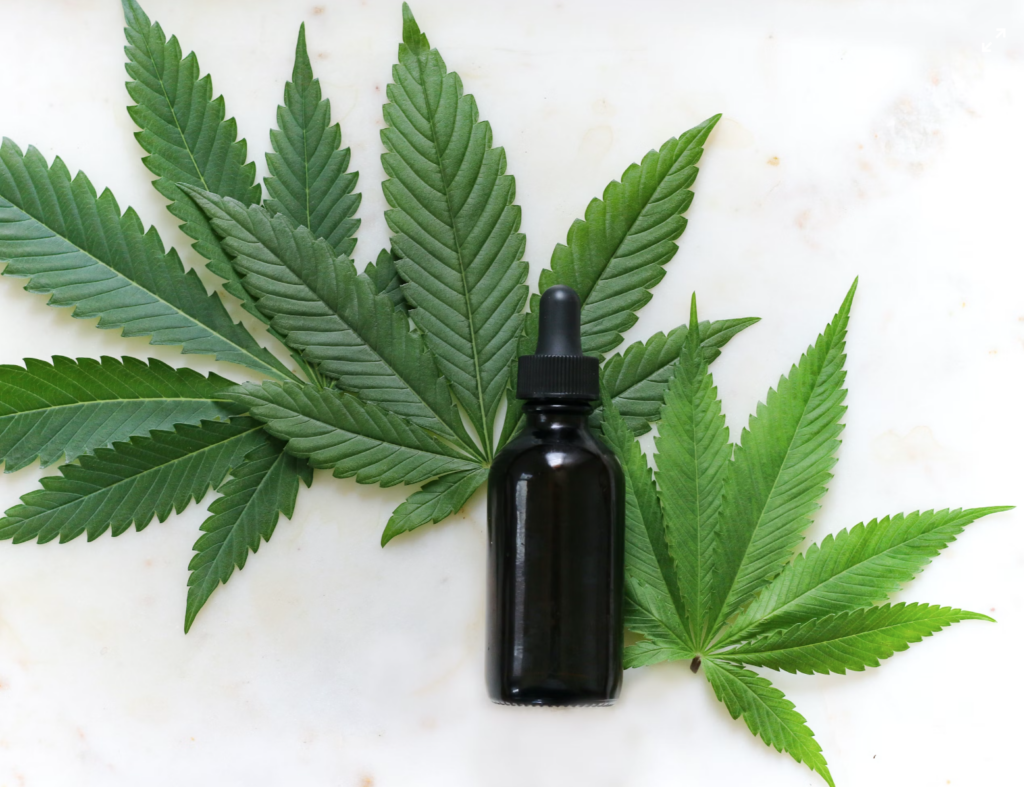Washington Cannabis Revenues And Health – Washington State Treasurer
Washington state collected a total of $395.5 million in 2019.
The Budgetary Effects of Ending Drug Prohibition | Cato Institute
In 2016, North Carolina State and local expenditures attributable to drug prohibition were $263 million.
Shift from Legacy Market to Cultivators
Farmers ask if Cannabis is “the most lucrative cash crop in the world.” The cannabis market is predicted to generate global revenues of $146 billion by 2025.”
Cannabis Decriminalization and Labor Market Outcomes
This paper uses cannabis decriminalization laws, passed in 21 states over the last 40 years, to analyze the differences in earnings and employment that result from being arrested. A differences-in-differences model is used to exploit the state-by-year variation in arrests resulting from cannabis decriminalization laws. Data from the FBI’s Uniform Crime Reporting statistics and the Current Population Survey allow for age, gender and race specific estimates, which is critical considering the heterogeneity in rates of arrests across these delineations. Labor market outcomes in the CPS allow for an analysis of whether decriminalization laws affect extensive and intensive margins. Decreased penalties for marijuana possession are positively correlated with the probability of employment, although the results are imprecise. Additionally, there are non-trivial increases in weekly earnings for individuals living in states with decreased penalties, with the effects being greatest for black adults. This result is consistent with existing literature that suggests black adults, especially men, stand to benefit the most from removing these penalties.


Access to medical cannabis tied to reduced workers’ comp claims
“In states with laws allowing medical cannabis, researchers tied the accessibility of cannabis to a nearly 7% decline in workers’ comp claims. When there were claims, they were for shorter periods of time, on average, after medical cannabis was legalized, according to the analysis in Health Economics.”
